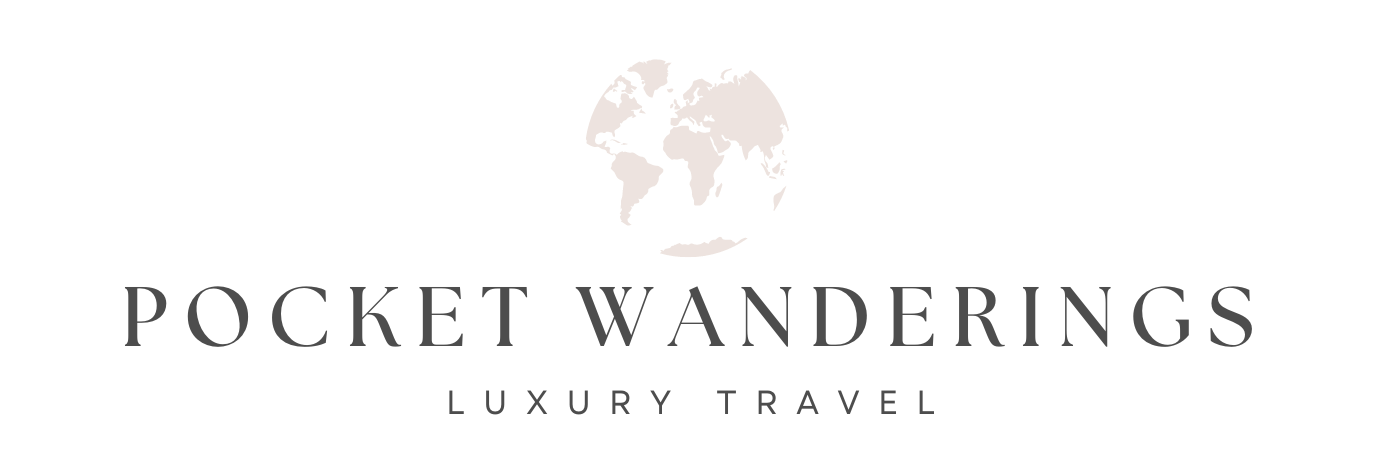
Want up to 25% off hotels?
Subscribe to my newsletter and get immediate access to my guide on how to save money on flights and hotels. Our weekly emails are filled with adventure inspiration, insider travel tips and exclusive discounts.

travel with me
Pocket Wanderings is a luxury travel blog by travel expert Jessie Moore. Here you’ll find destination guides, travel tips, hotel reviews, and a healthy dose of adventure. From the UK and wider Europe to Africa, Asia and the Americas, I’ll take you across countries, continents and cultures.
So grab a cup of tea – or a glass of wine – and get inspired for your next adventure. Whether you’re after a solo city break, a romantic countryside getaway or an adrenaline-fuelled adventure, I’m here to bring you my own personal travel experiences and advice.
Hello, I’m Jessie! I am a travel writer, photographer, adrenaline junkie, foodie, and founder of this award-winning travel blog, Pocket Wanderings.
My aim is to create an online space that is empowering, helpful and informative for those who love to travel. From detailed travel guides to adventure stories, you’ll find plenty of inspiration for your next trip.
As a young woman who often travels solo, I want to inspire others to do the same, with confidence. In a world of offices and laptops, I think we could all do with a little more adventure in our lives.
Want to save up to 25% on hotels?
Subscribe to the Pocket Wanderings newsletter and get immediate access to my guide on how to save money on flights and hotels. My weekly emails are filled with adventure inspiration, insider travel tips and exclusive discounts.
RECENT SKI ARTICLES










Want up to 25% off hotels?
Subscribe to my newsletter and get immediate access to my guide on how to save money on flights and hotels. Our weekly emails are filled with adventure inspiration, insider travel tips and exclusive discounts.
